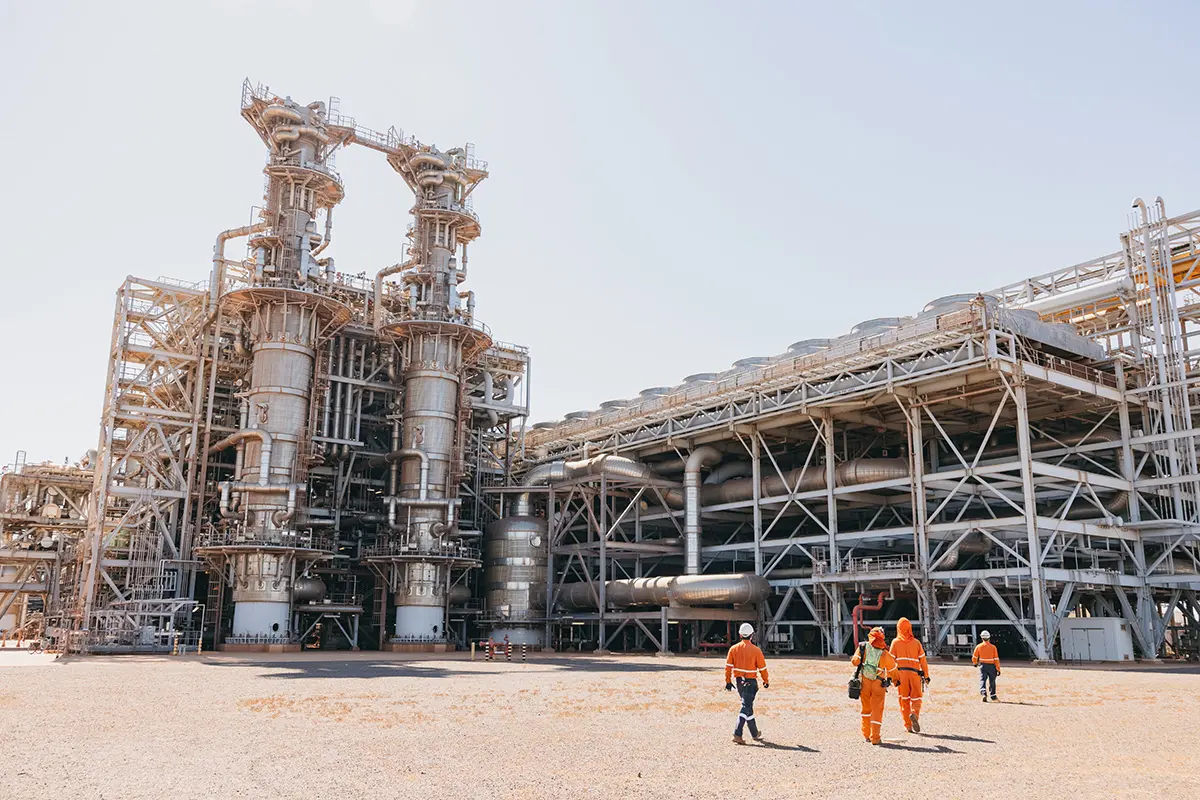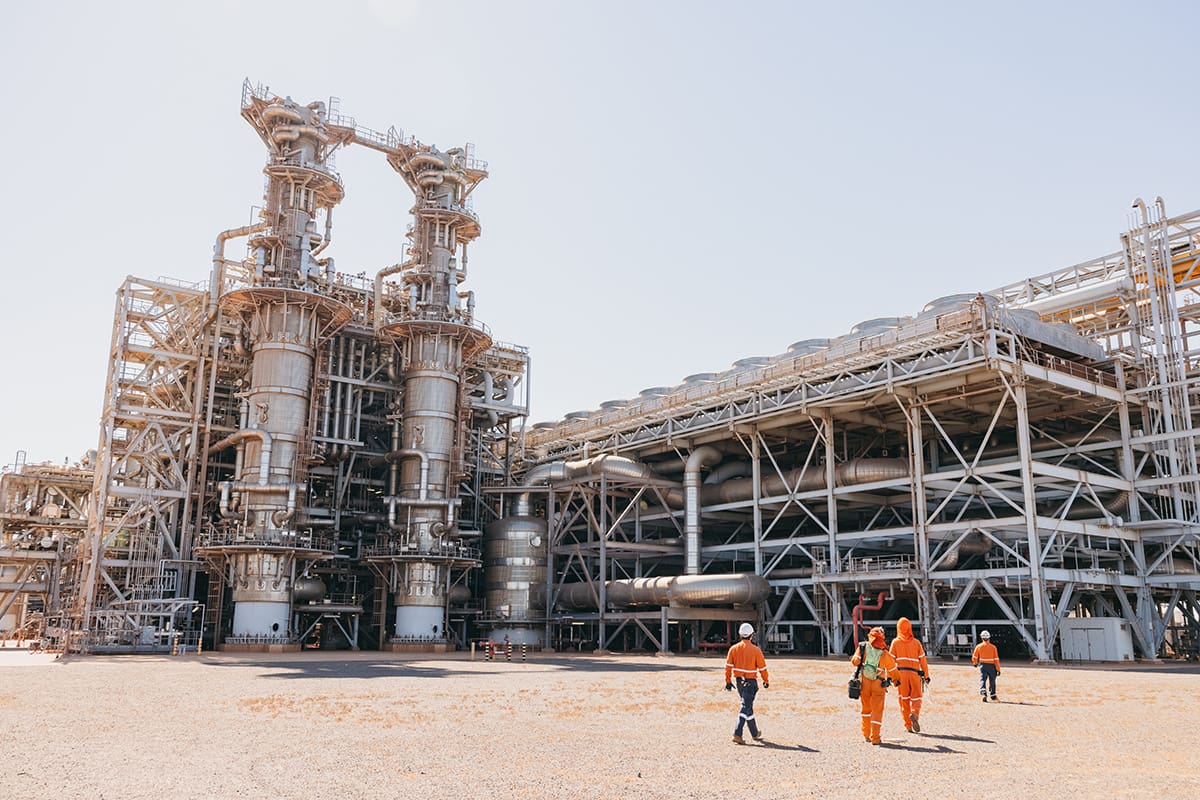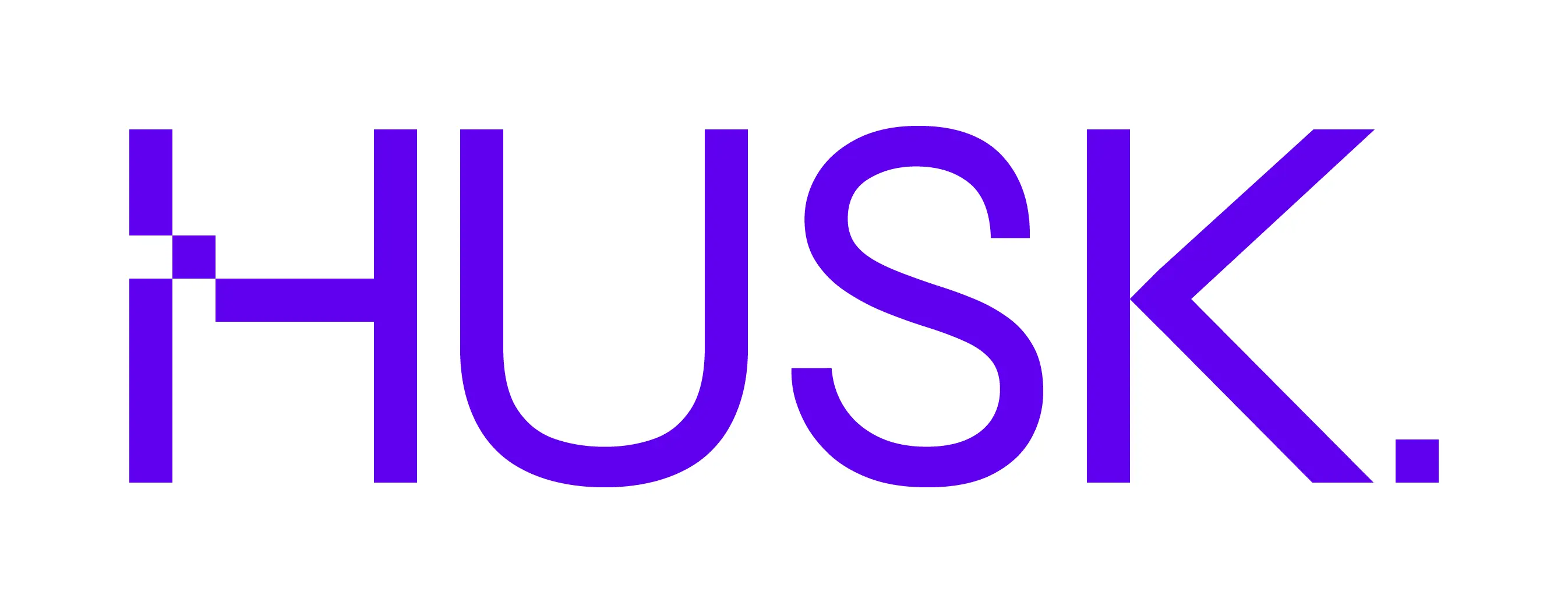


Husk Power Systems (Husk) announced that it has closed US$43 million in Series D funding, the largest-ever equity raise in the minigrid industry. Husk is focused on electrifying communities in rural Sub-Saharan Africa and South Asia with an artificial intelligence-enabled platform of renewable energy services. The equity funding includes new investors STOA Infra & Energy, the US International Development Finance Corporation (DFC), and Proparco, as well as existing investors Shell Ventures, Swedfund, and FMO. In addition, Husk has leveraged the Series D equity to secure an additional US$60 million in debt from several finance institutions, including the European Investment Bank (EIB) and the International Finance Corporation (IFC).
Since raising US$25 million in equity funding in 2018, Husk has grown its fleet 20-fold to more than 200 solar hybrid minigrids across two continents, impacted 500,000 people, served more than 10,000 micro, small, and medium enterprises (MSMEs), avoided 27,558 tons (25,000 tonnes) of carbon dioxide (CO2), achieved a compound annual growth rate (CAGR) of 60%, and maintained a customer retention rate of more than 90%. It reached positive earnings before interest, taxes, depreciation, and amortization in Q4 2022 and has built a team of more than 500 employees.
Over the next five years, Husk said that the new funding will be used to grow its fleet eight-fold by adding more than 1400 new minigrids with a projected 300,000 new connections (one-third of them MSMEs), while avoiding 385,809 tons (350,000 tonnes) of CO2. Husk will add 2500 more employees, while expanding into new markets in Africa and Asia. The Africa Sunshot initiative, which Husk announced at the Africa Climate Summit in September 2023, will mobilize at least US$500 million for Husk to scale to 2500 minigrids in six countries within five years. Two-thirds of the newly announced financing will go toward Sub-Saharan Africa, marking an important first step to achieving the Africa Sunshot goals.
“We have successfully created and scaled a rural energy platform that is life-changing for our communities from day one,” said Manoj Sinha, Husk cofounder and chief executive officer. “We’re excited to put this new equity and debt to work to supercharge Husk’s growth and unlock the full economic and social potential for a generation of rural Africans and Asians, especially women and youth, that would otherwise be left behind.”
“STOA is impressed by the track record and performance of Husk, which has resulted in a competitive energy solution that is affordable, reliable, and clean. STOA is excited to lead this equity investment in Husk and support the growth of the minigrid industry, which is key to achieving universal energy access and a low carbon energy transition,” said Jean-Pierre Barral, Deputy CEO of STOA Infra & Energy.
“Husk Power has shown how AI can be a catalyst for providing planetary-scale impact and sustainable growth,” said Amit Narayan, former CEO of AutoGrid Systems and Husk Board Member. “Husk’s intelligent platform allows automated management of rural minigrids operating under extreme environmental and cost constraints, and it has achieved what many felt was impossible by providing access to 24/7 reliable power to some of the most underserved communities in a profitable manner.”
“The minigrid industry needs at least a 10X increase in its rate of deployment to achieve the World Bank’s target of 200,000 minigrids by 2030,” said Brad Mattson, Husk Board chair. “Husk is now positioned to lead that growth and help to create an industrial revolution in rural Africa and Asia.”
Husk got involved in the community minigrid industry in 2008, creating a new category of decentralized renewable energy infrastructure that provides access to reliable, affordable, clean, and modern power. It has since evolved its business model, expanding beyond energy access to include the energy transition from fossil fuels to renewables. As a result, Husk has matured from a pure-play minigrid operator to become an integrated platform that unlocks the “Power of Rural” in Africa and Asia. Besides electricity sales, this includes sales and financing of energy efficient appliances, turnkey commercial and industrial (C&I) rooftop solar and a range of low-carbon and climate-resilient energy services, including e-mobility, agro-processing, and cold storage.